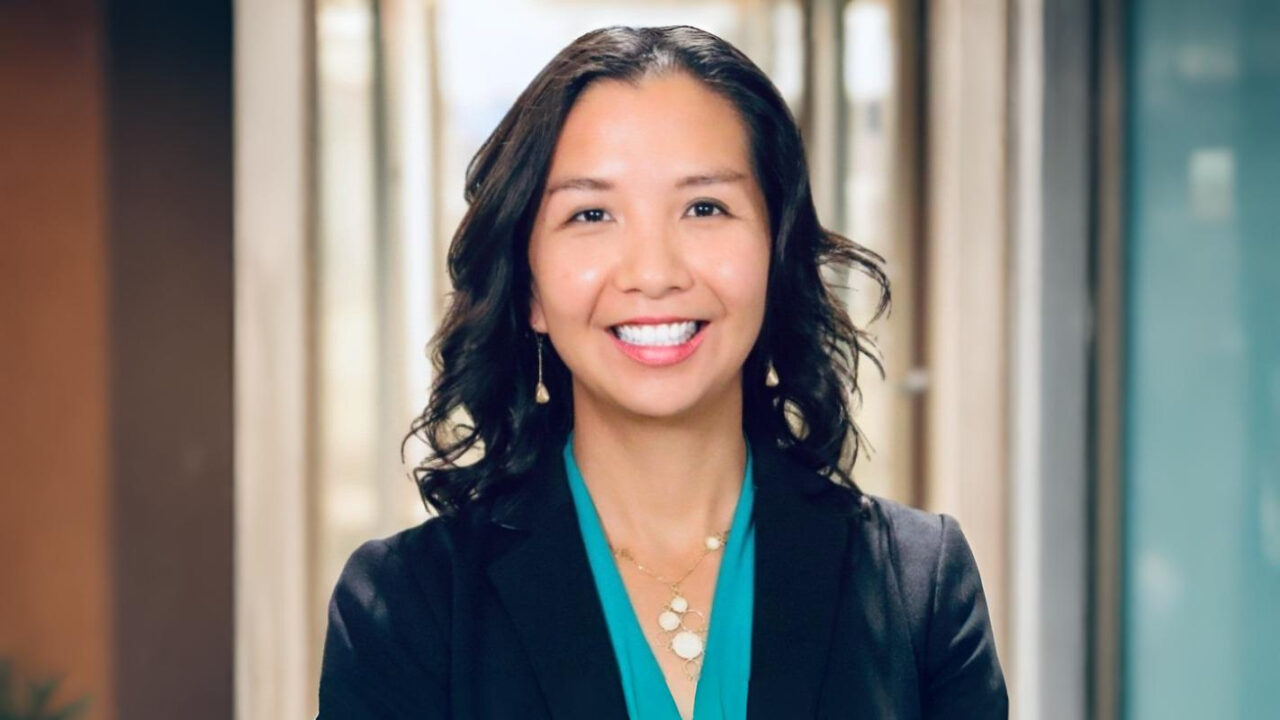Alicia Zhou, CEO at Cancer Research Institute, shared on LinkedIn:
“Recent reporting in The New York Times describes deep uncertainty across America’s cancer research ecosystem: stalled grant reviews, frozen payments, and labs forced to scale back or shut down. Behind each delay are investigators, trainees, and – most importantly – patients whose futures depend on steady scientific progress.
At the Cancer Research Institute (CRI), we want to assure our community that our mission and our work are unaffected. CRI is an independent nonprofit; we receive no government funding. Our support comes from donors, foundations, and corporate partners who believe – as we do – that lifesaving cancer immunotherapy must keep advancing regardless of political cycles.
When research is disrupted, we act. With federal funding in flux earlier this year, CRI moved quickly to protect momentum at the most vulnerable point of the pipeline: young scientists and early-stage discovery. In spring 2025, we committed an additional $2.5 million from our reserve fund to launch 25 new postdoctoral fellowships, ensuring promising projects continue without interruption and the next generation of leaders stays in the fight.
This is what CRI was built for: to provide stability and continuity so breakthroughs aren’t lost and talent isn’t driven from the field. And whether it’s the 50+ FDA-approved immunotherapies that trace back to CRI-supported science or the 4 Nobel laureates on CRI’s Scientific Advisory Council, our record shows what our model can deliver. These numbers matter because they represent lives changed. Progress in immunotherapy has already transformed outcomes across many cancers; in a period of disruption, we cannot afford to slow down.
CRI will continue to:
- Bridge funding gaps that threaten early-stage research and training.
- Back bold ideas with the potential to rewrite standards of care.
- Sustain momentum through fellowships and programs that bridge lab discoveries to patient care.
Your support makes this possible. Together, we can safeguard the work and the people who make tomorrow’s treatments possible – no matter the headlines – until we achieve our vision of a world immune to cancer.”
More from Alicia Zhou.


